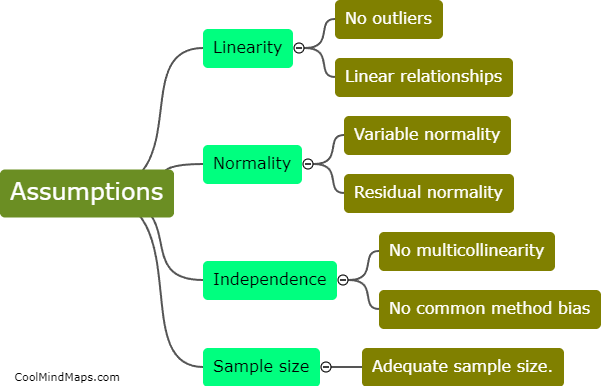What are the main differences between Western philosophy and Indian philosophy?
The main differences between Western philosophy and Indian philosophy stem from their distinct historical, cultural, and intellectual origins. Western philosophy emerged in ancient Greece and has been shaped by a focus on rationality, logical analysis, and objective truth. It places an emphasis on individualism, individual rights, and the pursuit of knowledge. Indian philosophy, on the other hand, developed in the Indian subcontinent and is deeply rooted in spiritual traditions and religious conceptualizations. It emphasizes holistic approaches, subjective experiences, and interconnectedness of all things. Indian philosophy encompasses diverse perspectives such as Advaita Vedanta, Buddhism, and Jainism, and explores concepts like karma, dharma, and moksha. While Western philosophy tends to prioritize reason and empiricism, Indian philosophy provides a rich tapestry of metaphysical, ethical, and existential inquiries grounded in ancient spiritual wisdom.

This mind map was published on 22 July 2023 and has been viewed 107 times.











